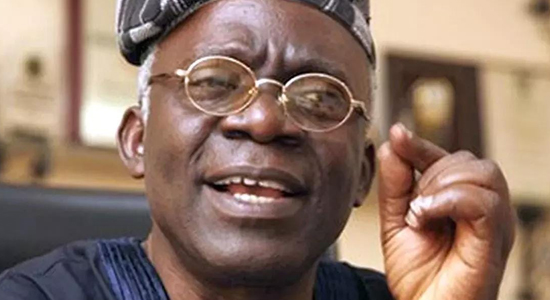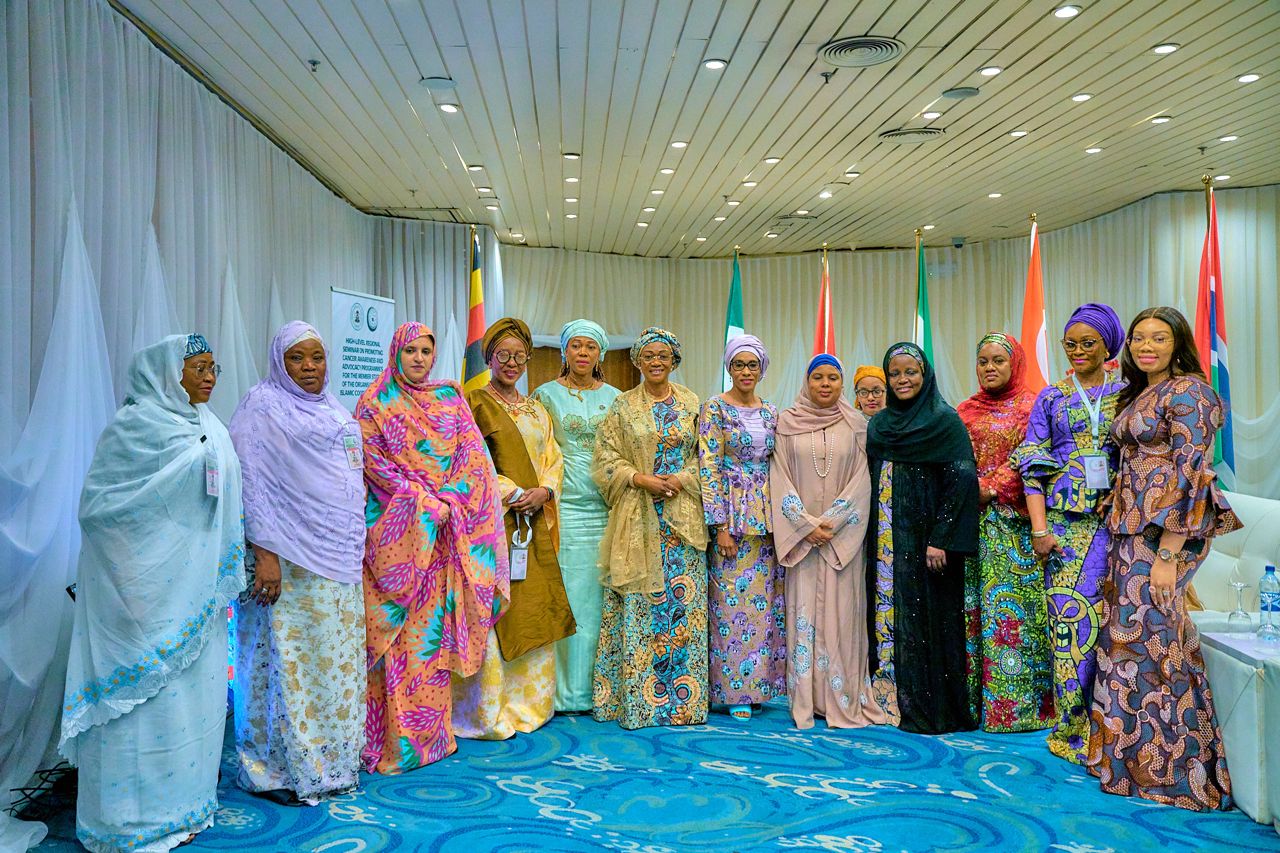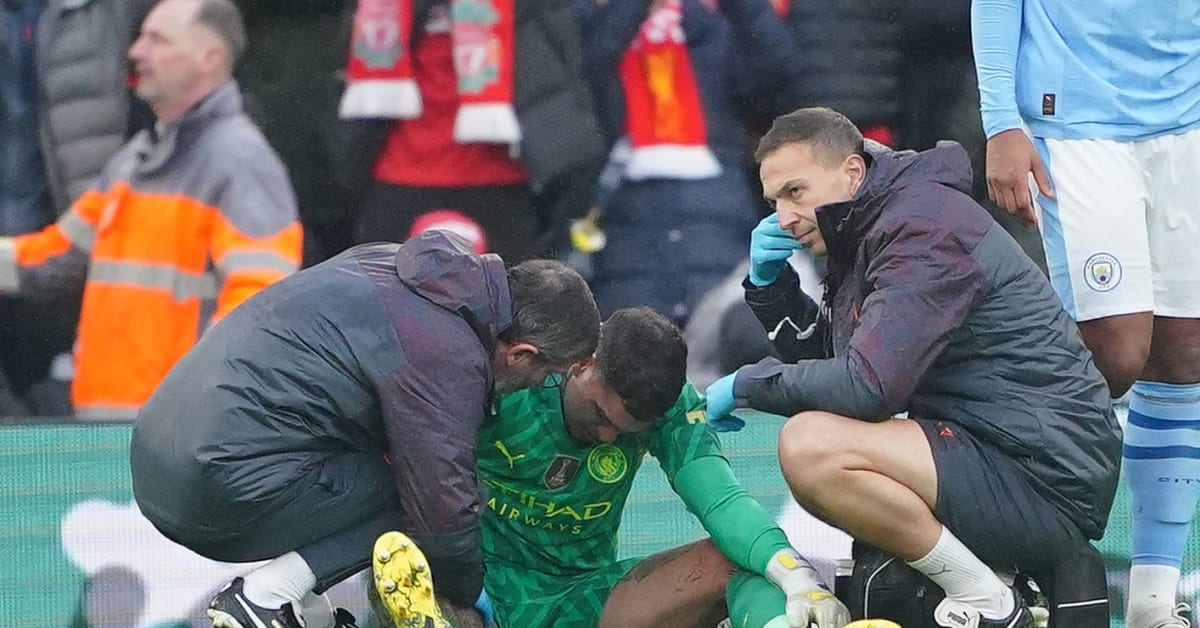Popular human rights lawyer, Femi Falana (SAN) has accused the National Assembly of attempting to sabotage the ongoing fight against corruption by the current administration. In a statement made available to newsmen on Thursday, Falana accused the lawmakers of deliberately refusing to pass a bill seeking the establishment of a special court for corruption cases.
He disclosed that the bill which was imitated by the Executive arms had since been killed at the National Assembly. He added that the passage of the bill would have facilitated speedy adjudication of corruption cases.
“As part of anti-corruption policy of the Mohammadu Buhari administration an executive bill for the establishment of a special court clothed with exclusive jurisdiction to try corruption cases was submitted to the national assembly. Although it was submitted over a year ago the federal legislators have not deemed it fit to pass the crucial bill into law for reasons best known to them. Hence corruption cases have been subjected to inordinate delays in our courts which are congested with many other cases."
He noted that such delay may have prompted the Chief Justice of Nigeria (CJN) Justice Walter Onnoghen to intervene in the matter. Falana commended his effort stressing that it was decisive and would assist the administration combat corruption.
“However, the Chief Justice of Nigeria, the Honourable Justice Walter Onnoghen has intervened in a decisive manner by issuing a directive to all heads of courts in Nigeria to create special courts for the exclusive trial of corruption cases. The chief justice deserves commendation for the radical initiative. No doubt, the timely intervention of the chief justice will go a long way to speed up the trial of corruption cases in all our court"
“To make a success of the directive the chairman of the Code of Conduct Tribunal, the chief judges of the states and the federal capital territory should be directed by the chief justice of Nigeria to issue practice directions to accelerate the determination of corruption cases."
He added that “In addition, the supreme court (criminal appeals) practice directions 2013; court of appeal (criminal appeals) practice directions 2013 and court of appeal (fast track) practice directions 2014 as well as the federal high court practice directions 2013 issued by the heads of the respective courts should be put to use as they are designed to give priority to the trial and appeals arising from cases of corruption, money laundering, terrorism, rape and kidnapping and human trafficking.



















